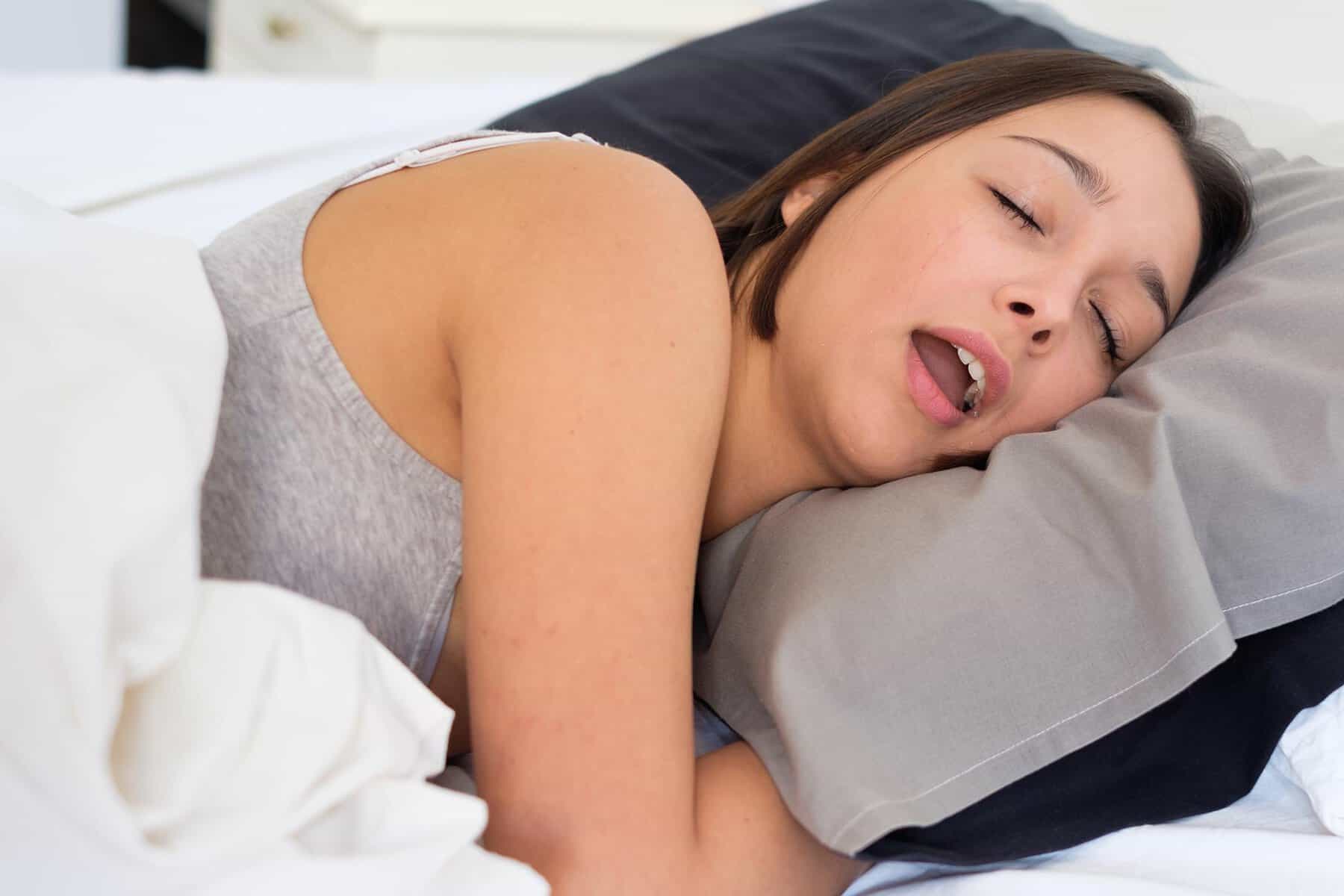Obstructive Sleep Apnoea Treatment
Struggling with obstructive sleep apnoea? Contact The Forbury Clinic today to book a consultation and discover effective treatments to improve your sleep and overall health.

Overview
Obstructive sleep apnoea (OSA) is a serious sleep disorder where breathing repeatedly stops and starts during sleep due to blocked airways. It can lead to severe health complications if left untreated, including heart disease, stroke, and daytime fatigue. Addressing OSA is crucial for improving sleep quality and overall well-being. At The Forbury Clinic, we provide comprehensive and advanced treatments tailored to your needs.


What is Obstructive Sleep Apnoea?
Obstructive sleep apnoea is a condition where the muscles in the throat relax excessively during sleep, causing the airway to become blocked and interrupting normal breathing. Common symptoms include loud snoring, episodes of stopped breathing during sleep, abrupt awakenings with gasping or choking, morning headaches, and daytime sleepiness. OSA can significantly impact your quality of life and requires timely medical intervention.
Causes and Risk Factors
Causes
Muscle relaxation:
Throat muscles relax more than usual during sleep, blocking the airway.
Excess weight:
Fat deposits around the upper airway can obstruct breathing.
Narrowed airway:
Naturally narrow throat or enlarged tonsils/adenoids.
Nasal congestion:
Chronic nasal congestion or a deviated septum can contribute to OSA.
Risk Factors
Obesity:
Increased weight is a significant risk factor.
Age:
OSA is more common in older adults.
Gender:
Men are more likely to develop OSA.
Family history:
A family history of sleep apnoea increases the risk.
Alcohol and sedatives:
These relax the muscles in the throat.
Smoking:
Increases inflammation and fluid retention in the upper airway.
Risk factors contributing to the development of snoring include being overweight, aging, alcohol consumption, smoking, and nasal congestion.
Diagnosis
Diagnosing OSA involves a thorough evaluation that includes:
- Medical history and physical exam: Assessing symptoms and potential risk factors.
- Polysomnography (sleep study): An overnight test that monitors various body functions during sleep.
- Home sleep apnea testing: Simplified version of a sleep study that can be done at home.

Treatment Options
Lifestyle changes:
Weight loss, avoiding alcohol and smoking, and altering sleep positions.
Continuous Positive Airway Pressure (CPAP):
A machine that delivers air pressure through a mask to keep airways open during sleep.
Oral appliances:
Custom-fitted devices that reposition the jaw to keep the airway open.
Surgery:
Options like Uvulopalatopharyngoplasty (UPPP), radiofrequency ablation, or implantable devices to open the airway.
Innovative treatments at The Forbury Clinic:
Advanced minimally invasive procedures tailored to individual needs, including laser-assisted surgery and cutting-edge therapies.
Managing Obstructive Sleep Apnoea
Maintain a healthy weight:
Reducing weight can significantly alleviate symptoms.
Sleep on your side:
Sleeping on your back can worsen OSA.
Avoid alcohol and sedatives:
These substances can relax the muscles in the throat.
Keep nasal passages open:
Use nasal sprays or allergy treatments as needed.
Risks and Benefits
Benefits:
- Improved sleep quality and reduced daytime fatigue.
- Lower risk of associated health problems such as heart disease and stroke.
- Enhanced quality of life and overall well-being.
Risks:
- Potential side effects from CPAP use, such as nasal congestion or dryness.
- Surgical risks, including infection or complications from anesthesia.
- Possible recurrence of symptoms if lifestyle changes are not maintained.


Why Choose The Forbury Clinic?
- Expert staff: Our team of specialists is highly experienced in diagnosing and treating OSA.
- Cutting-edge technology: We utilise the latest medical devices and innovative treatments for optimal outcomes.
- Patient-centered care: Personalised treatment plans tailored to meet your specific needs and ensure the best results.
